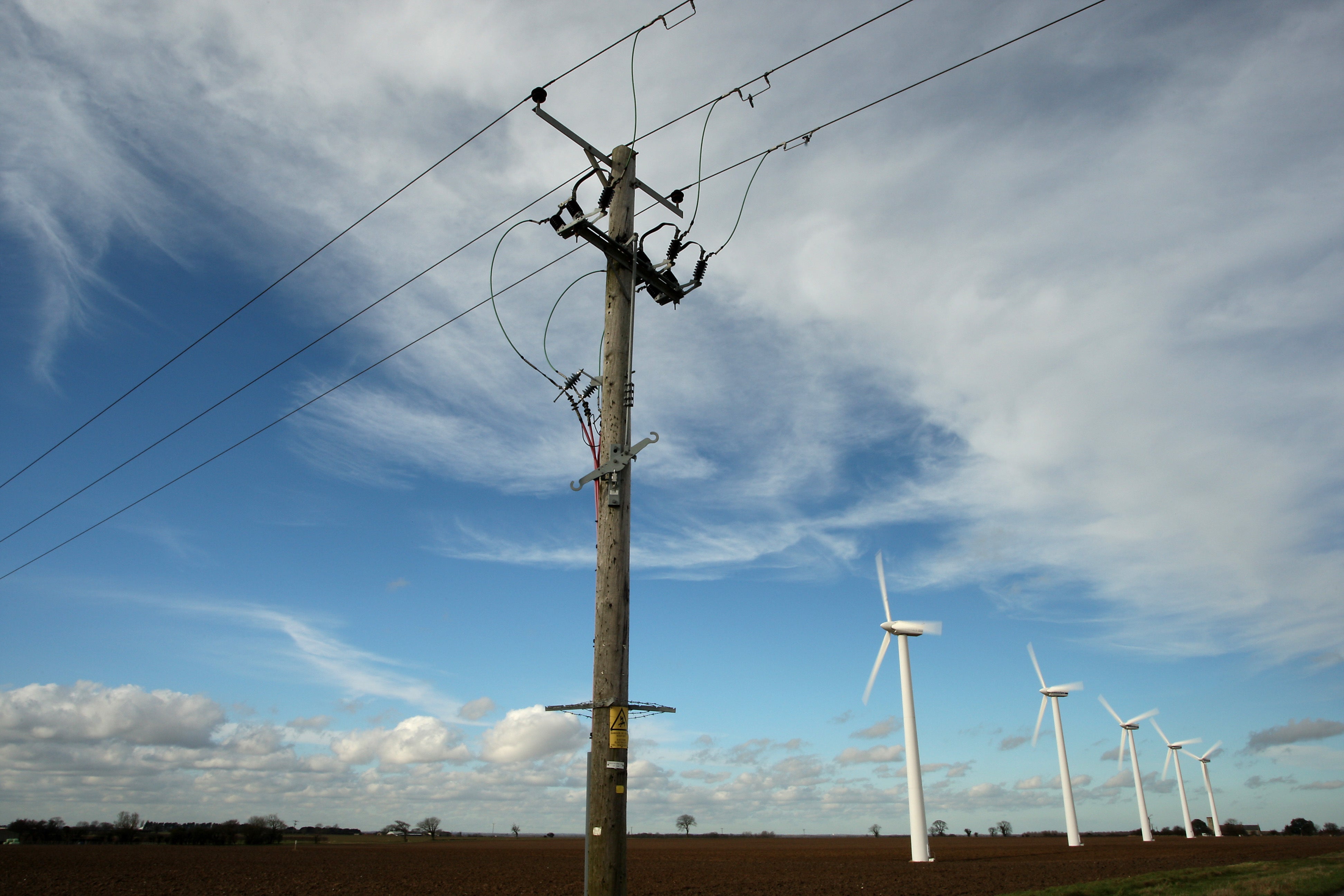Half-hourly smart meter updates ‘to become default under Ofgem plans’
Overhaul is ‘a significant milestone on Britain’s path to net zero’, Ofgem says

Your support helps us to tell the story
From reproductive rights to climate change to Big Tech, The Independent is on the ground when the story is developing. Whether it's investigating the financials of Elon Musk's pro-Trump PAC or producing our latest documentary, 'The A Word', which shines a light on the American women fighting for reproductive rights, we know how important it is to parse out the facts from the messaging.
At such a critical moment in US history, we need reporters on the ground. Your donation allows us to keep sending journalists to speak to both sides of the story.
The Independent is trusted by Americans across the entire political spectrum. And unlike many other quality news outlets, we choose not to lock Americans out of our reporting and analysis with paywalls. We believe quality journalism should be available to everyone, paid for by those who can afford it.
Your support makes all the difference.The government is reportedly setting plans in motion for smart meters to send suppliers updates on customers’ energy usage every 30 minutes by default.
This could pave the way for “time of use” tariffs, which would see customers charged different rates for energy throughout the day depending on demand, industry experts are said to believe.
While such a move could see people pay more to use electricity at peak periods, energy bosses have insisted the move will be optional for customers, and will ultimately save most households money.
Currently, households with a smart meter typically have to submit readings once a month, but can opt-in to have their energy usage measured automatically every half hour.
But The Telegraph reports that energy regulator Ofgem will be granted legal powers in May allowing it to bring in changes by 2025 to make 30-minute updates the default, with an option to opt out.
“This major system upgrade is a significant milestone on Britain’s path to net zero,” an Ofgem spokesman told the paper. “It will enable a more efficient, flexible and greener energy system which will save billions of pounds per year on all consumers’ energy bills.
“Ofgem will work closely with industry to make sure it delivers this major upgrade while ensuring those in vulnerable circumstances remain protected.”
The regulator is keen to incentivise people to use less power during busy periods, as the cost of keeping the UK’s national grid stable continues to rise.
Ofgem’s website describes smart meters as “a key enabler for the transition to a more flexible energy market and the delivery of net zero”, stating that the “near real-time information” they offer can allow consumers to “better manage their energy use, save money and reduce emissions”.
“This change would be extremely good for consumers,” Octopus Energy chief executive Greg Jackson told The Telegraph on Wednesday.
“I cannot imagine that any energy company is going to force time of use tariffs on customers, so it is like the reduced yellow-label food items at supermarkets. People who want a bargain can grab them, while everyone else benefits because it reduces waste.”
Since January, all gas and electricity suppliers have been given binding annual installation targets to roll out smart and advanced meters to customers without them by the end of 2025.
Ofgem was not immediately available for comment.
Join our commenting forum
Join thought-provoking conversations, follow other Independent readers and see their replies
0Comments